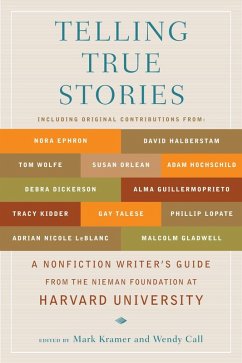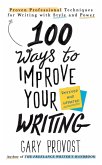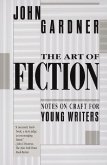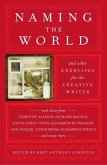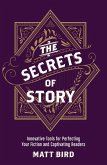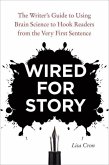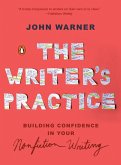The country's most prominent journalists and nonfiction authors gather each year at Harvard's Nieman Conference on Narrative Journalism. Telling True Stories presents their best advice-covering everything from finding a good topic, to structuring narrative stories, to writing and selling your first book. More than fifty well-known writers offer their most powerful tips, including: • Tom Wolfe on the emotional core of the story • Gay Talese on writing about private lives • Malcolm Gladwell on the limits of profiles • Nora Ephron on narrative writing and screenwriters • Alma Guillermoprieto on telling the story and telling the truth • Dozens of Pulitzer Prize-winning journalists from the Atlantic Monthly, New Yorker, New York Times, Los Angeles Times, Washington Post and more . . .
The essays contain important counsel for new and career journalists, as well as for freelance writers, radio producers, and memoirists. Packed with refreshingly candid and insightful recommendations, Telling True Stories will show anyone fascinated by the art of writing nonfiction how to bring people, scenes, and ideas to life on the page.
Dieser Download kann aus rechtlichen Gründen nur mit Rechnungsadresse in A, B, BG, CY, CZ, D, DK, EW, E, FIN, F, GR, HR, H, I, LT, L, LR, M, NL, PL, P, R, S, SLO, SK ausgeliefert werden.

